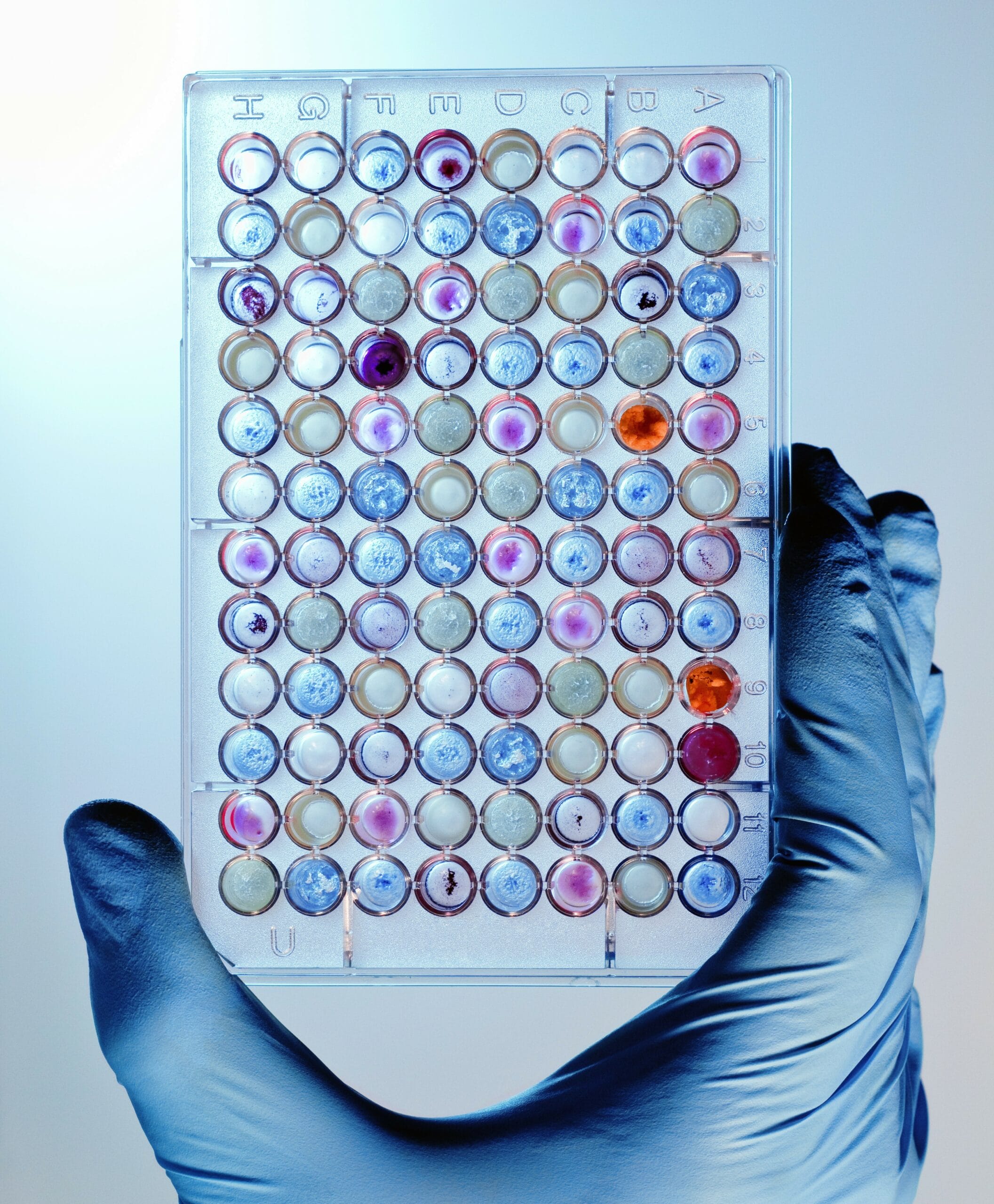Founded in 2008 by Université de Montréal’s Institute for Research in Immunology and Cancer (IRIC), IRICoR is a key player in Quebec’s life sciences ecosystem. Its mission is to accelerate the discovery, development and commercialization of innovative therapies in oncology, immunotherapy and rare diseases.
IRICoR plays an essential role in establishing strategic partnerships with the biopharmaceutical industry or creating spin-off companies, thus facilitating the transformation of academic research projects into new therapies for the benefit of patients. Thanks to its crucial financial support, IRICoR enables researchers to bridge the gap between academic research and the business world.
Facilitates and provides privileged access to IRIC/UdeM’s expertise and specialized research infrastructures and other partner institutions
Contributes to the drug development process by supporting researchers from the early phases of projects
Ensures adequate funding of projects in its portfolio and monitoring of results/milestones
Identifies and implements the best IP protection and marketing strategies in order to generate investment opportunities

IRICoR works with partners to fund and transform bold ideas into concrete advances, bringing new therapies to cancer patients.